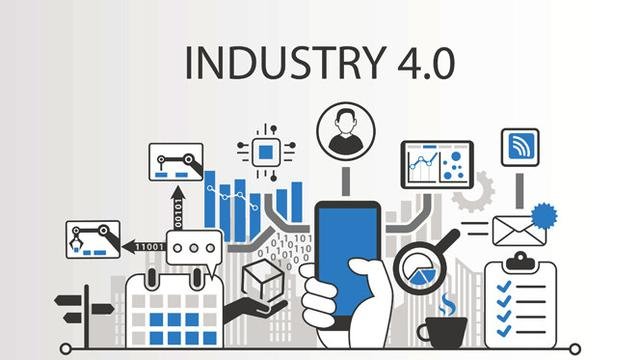Challenges of the Young Generation in the Industrial Age 4.0

All elements of Indonesia's young generation must understand the impact of automation and digitalization of the economy in the current era of Industry 4.0. For this reason, I urge the government to more intensively disseminate the various consequences of the change so that young people are motivated to prepare their competencies.
The impact of digitalization and economic automation today has been felt in the Indonesian labor market. Before the implementation of the e-toll payment system, thousands of people were still working to serve cash payments at toll gates. Thousands of people are now out of sight after the e-toll payment pattern was applied.
In the banking sector, about 30 percent of the work that was done by human skills a few years ago is now gone, replaced by a computer working system and online services. Now traveling anywhere and with any mode of transportation, you no longer have to go to a ticket sales counter, because ordering is enough through online services. So many ticket sales officers lost their jobs.
From that trend, the explanation that can be put forward is the fact that so many jobs that were previously completed by the brain and human creations have now been lost or reduced due to digitalization and economic automation.
A number of institutions have conducted research on the loss of human employment as a consequence of digitalization and automation, including the World Economic Forum. The Ministry of Research, Technology and Higher Education (Kemenristek Dikti) for example, estimates that at least 75 million jobs will be lost. Another study said that around 50 million employment opportunities in Indonesia would be lost.
As a challenge, this trend must be understood by the younger generation. So, an initiative is needed to build shared awareness about the challenge. Of course this initiative is ideally directed at teenagers or young people, both at school and college campuses.
It is certain that young people want to know what jobs or professions will expire in the coming years. And vice versa, what work or profession will be needed in the labor market later, especially in the Industrial era 4.0 and beyond.
The initial information about this is very useful for young people, so that they are motivated to be prepared to choose the profession or expertise they will pursue. In that context, Bappenas together with Kemenristek Dikti are expected to continue to conduct studies, and the results of the study should be published intensively to schools and campuses to raise awareness and motivate young people.